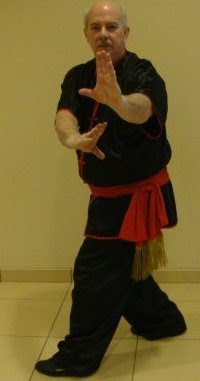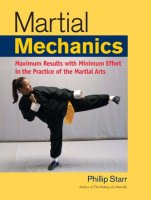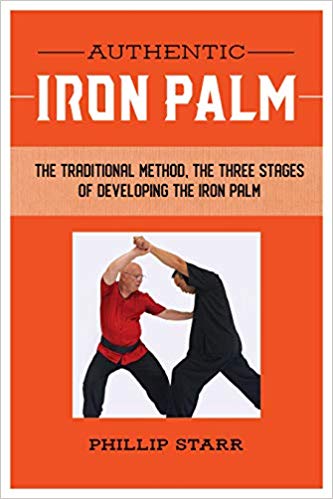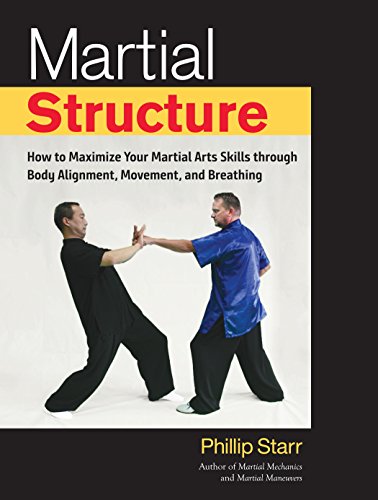* For instance, a woman who is easy going and articulate in a one-to-one situation becomes tongue-tied or withdrawn when she's present at some large social function?
* An athlete (or musician, or whatever) does extremely well when he practices with his friends but when he's in front of an audience or when the chips are down, his skill seems to disintegrate?
* In a given class, a student does very well with his day-to-day work but when an examination comes up his mind goes blank?
The list is endless. The key element involved in each of these situations is pressure. When the "pressure is on" some people tend to slip and fall, as it were. Take the pressure off and they're fine but when the chips are down, they clutch. This doesn't necessarily infer that those who do well under pressure are superior to these folks; rather, it usually indicates that they have learned to react differently in "critical" situations.
I am drawing from Dr. Maxwell Maltz's theories of Psycho-Cybernetics, remembering principles that I began practicing many years ago.
The fact is that although you may learn well and you may learn quickly, people do not learn well in critical situations. If you toss a man into deep water he may learn to stay afloat and swim somehow, but he'll probably not become a championship swimmer. This is because the inept, awkward stroke that he used to survive becomes "fixed" in his mind and he may have a difficult time learning more efficient ways of swimming.
It is my understanding that in both animals and humans the brain forms a sort of "cognitive map" of the environment while they are learning. If the motivation is not too intense; if there is no crisis present when the brain is engaged in learning, these maps tend to be fairly broad and general. On the other hand, if the animal or person is overly-motivated or stimulated during the learning process these maps tend to be narrow and restrictive. We learn just one way of responding or reacting to a given problem or situation and if this particular problem/situation should occur in the future, and the one way we have learned to solve or react to it is "blocked", we tend to become frustrated and often fail to discern alternative routes or detours. We have learned to respond in only one way and we lose the ability to react spontaneously to a new situation. We are unable to improvise.
An example is given of people learning how to get out of a burning building. If the building is on fire they will take at least two or three times as long to learn the proper escape route as they would if there was no fire present. Some never learn at all. The automatic reaction mechanism is jammed with too much conscious effort ("trying too hard"). The ability to think clearly is lost.
Those who manage to survive will have learned a narrow fixed response. If you were to put them in another burning building which is constructed differently and change the circumstances slightly, they would react as poorly as they did the first time.
However, you can take these same people and have them practice a "dry-run" fire drill when there is no fire present. There is no emergency, no crisis to interfere with clear thinking. They are free to concentrate on leaving the building correctly and safely several times...and should a fire ever occur, they will most likely react in the same way as they have practiced several times previously. Their muscles, nerves, and brains have memorized a broad, general, and flexible "map" and the attitude of calmness and clear thinking will carry over from their "dry-run" practice to the real thing.
The surface moral to this story is obvious; practice without pressure and you will be able to perform better in a critical situation.
It was "Gentleman" Jim Corbett who coined the term "shadow boxing." He used his left jab to cut the reigning heavyweight boxing championship, John L. Sullivan, to pieces. When he was asked about how he had developed his technique he replied that he'd practiced it in front of a mirror ten thousand times.
Gene Tunney did the same thing when he prepared to fight the formidable Jack Dempsey. He'd watched Dempsey's fights, knew his every move, then spent hours "shadow-boxing." He imagined he was fighting Dempsey and countering his every move. And it worked.
It's said that Billy Graham preached sermons to cypress stumps in a swamp before developingn his electrifying speeches before live audiences.
It occurred to me many years ago that this was one of the most important aspects of technique and form practice. The "father of Japanese karate", Funakoshi Gichin, emphasized that once you have learned to execute a given technique correctly and you can do it without difficulty, you must practice it as if a live opponent is standing before you. Don't just "throw the punches and kicks out there"...you have to visualize the opponent standing before you and attacking you.
Your conscious mind knows, of course, that there isn't really anybody there and so, you are able to practice without pressure. You practice and your body-mind learns to respond correctly after repeating the movement or technique over and over.
Form practice is intended to do exactly the same thing; to enable you to learn how to react correctly without pressure. If you practice your form and just count your way through it, you'll learn nothing. It becomes a set of memorized but relatively worthless movements which you won't be able to use spontaneously when the chips are down. But if you concentrate, vividly see your opponent, and apply your movement correctly - and you practice the form over and over and over - your muscles, nerves, and brain will build a flexible and effective "map."
At the same time, there is the matter of emotion in a crisis. One doctor said that he believed there to be only one basic emotion - excitement. It can be manifest as fear, anger, courage, etc., depending upon your inner goals at the time. ..if you are inwardly organized and determined to conquer a problem, run from it, destroy it, or whatever. "The real problem," he said, "Is not to control the emotion but to control the choice of which tendency will receive emotional reinforcement."
If you intention (your goal) is to move forward, make the most of the crisis and win out in spite of it, then the excitement of the occasion will reinforce this tendency and it will provide you with the courage and strength to go forward. However, if you concern yourself primarily with running away from the crisis, wanting to get past it by avoiding it - this tendency will likewise be reinforced and you'll experience fear and anxiety.
If you want to develop superior technique and real skill, I recommend practicing without pressure - but practicing while visualizing an opponent. This must be done whenever you train your techniques and forms and it can also be done while you just sit back, relax, and close your eyes. Your imagination is your most powerful weapon and training aid.
















